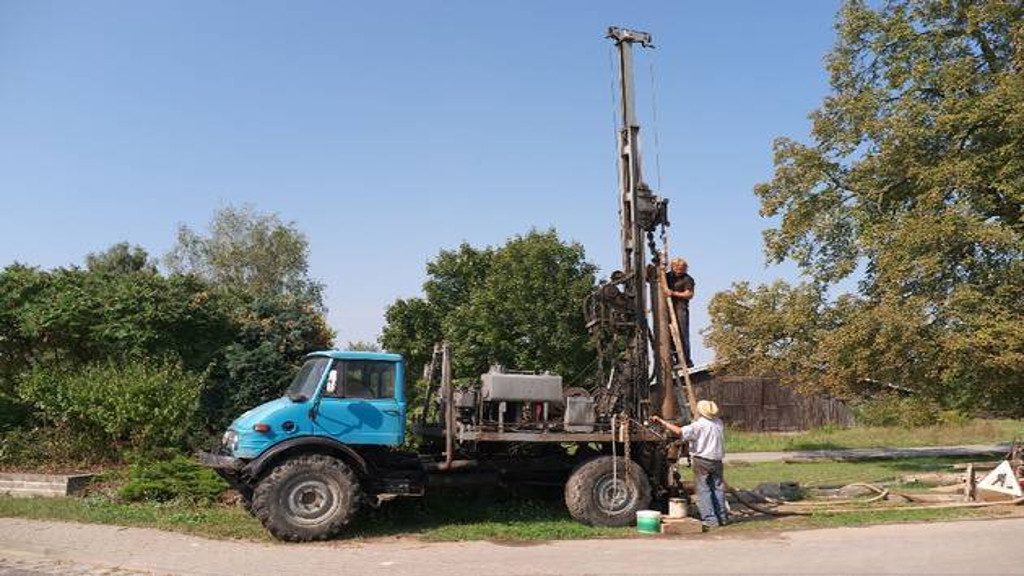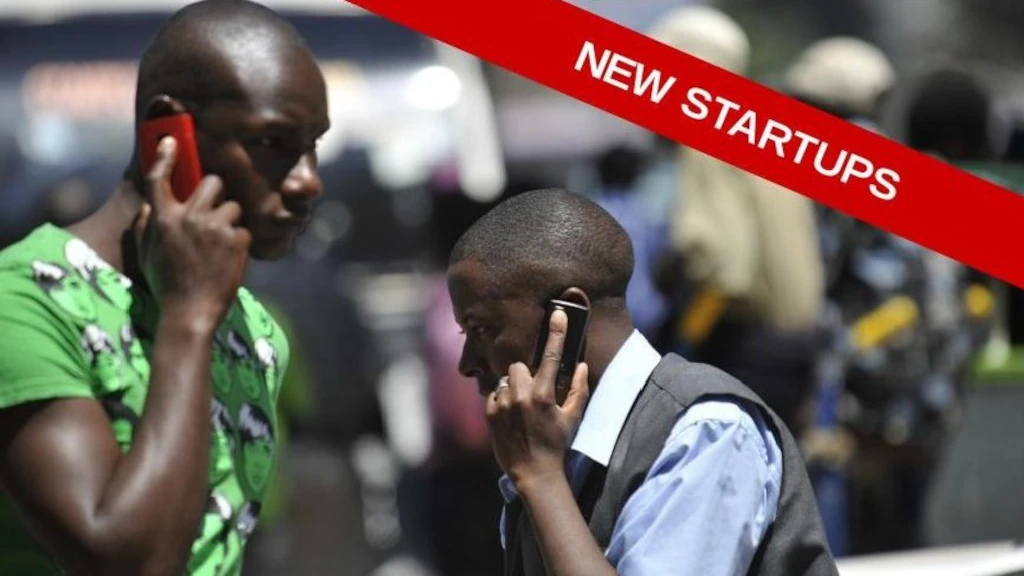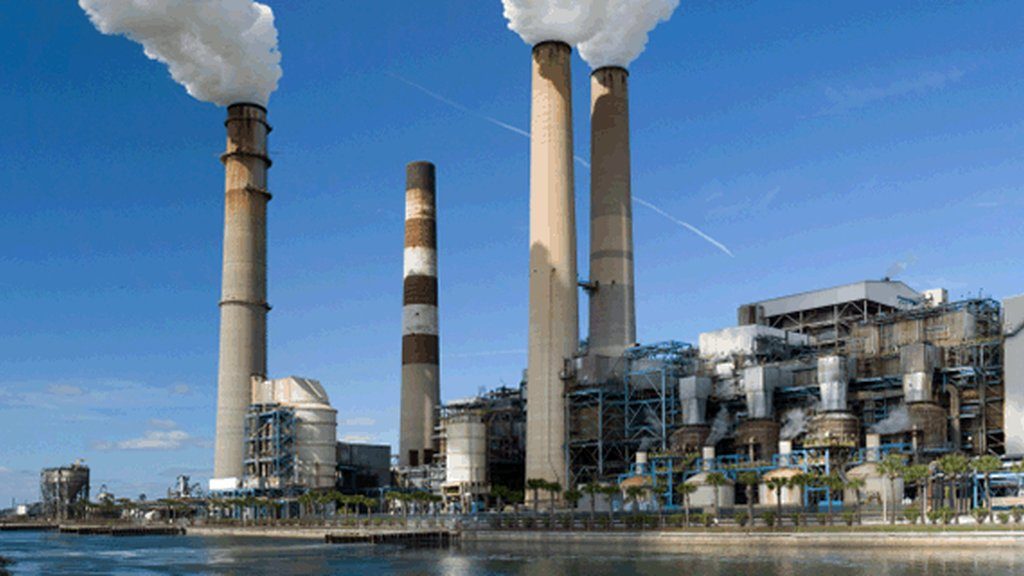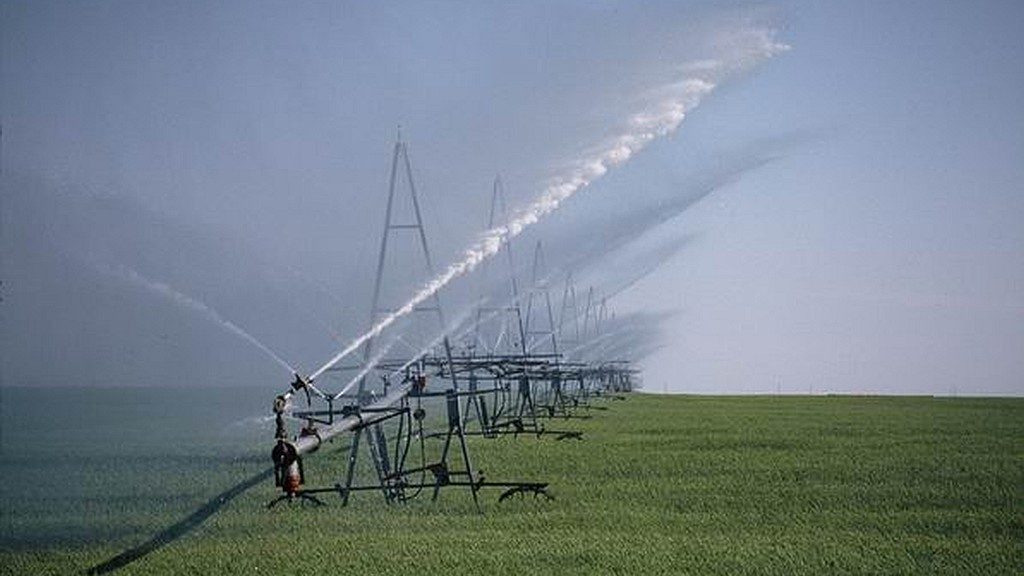The company Dusira UG, Duisburg, Germany sets up a new project to improve drinking water supply of local population in Africa. Drilling takes place in rural areas, so long walking distances are decisively shortened. Dusira UG is seeking for partnerships with deep-well equipment suppliers which provide submersive pumps, filter systems and pressure vessels.
Please contact
Michael Patotschka
Düsseldorfer Straße 74
47051 Duisburg
Germany
Phone +49 173 7692688
Email mpts@gmx.net
 afric-Invest
afric-Invest


